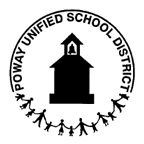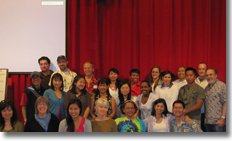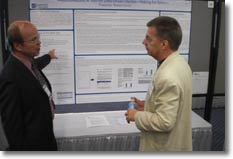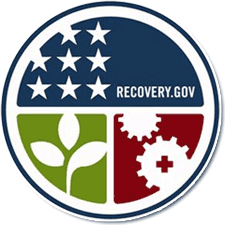Conference Season 2011

Empirical researchers will again be on the road this conference season, and we’ve included a few new conference stops. Come meet our researchers as we discuss our work at the following events. If you will be present at any of these, please get in touch so we can schedule a time to speak with you, or come by to see us at our presentations.
NCES-MIS
This year, the NCES-MIS “Deep in the Heart of Data” Conference will offer more than 80 presentations, demonstrations, and workshops conducted by information system practitioners from federal, state, and local K-12 agencies.
Come by and say hello to one of our research managers, Joseph Townsend, who will be running Empirical Education’s table display at the Hilton Hotel in Austin, Texas from February 23-25th. Joe will be presenting interactive demonstrations of MeasureResults, which allows school district staff to conduct complete program evaluations online.
SREE
Attendees of this spring’s Society for Research on Educational Effectiveness (SREE) Conference, held in Washington, DC March 3-5, will have the opportunity to discuss questions of generalizability with Empirical Education’s Chief Scientist, Andrew Jaciw and President, Denis Newman at two poster sessions. The first poster, entitled External Validity in the Context of RCTs: Lessons from the Causal Explanatory Tradition applies insights from Lee Cronbach to current RCT practices. In the second poster, The Use of Moderator Effects for Drawing Generalized Causal Inferences, Jaciw addresses issues in multi-site experiments. They look forward to discussing these posters both online at the conference website and in person.
AEFP
We are pleased to announce that we will have our first showing this year at the Association for Education Finance and Policy (AEFP) Annual Conference. Join us in the afternoon on Friday, March 25th at the Grand Hyatt in Seattle, WA as Empirical’s research scientist, Valeriy Lazarev, presents a poster on Cost-benefit analysis of educational innovation using growth measures of student achievement.
AERA
We will again have a strong showing at the 2011 American Educational Research Association (AERA) Conference. Join us in festive New Orleans, April 8-12 for the final results on the efficacy of the PCI Reading Program, our qualitative findings from the first year of formative research on our MeasureResults online program evaluation tool, and more.
View our AERA presentation schedule for more details and a complete list of our participants.
SIIA
This year’s SIIA Ed Tech Industry Summit will take place in gorgeous San Francisco, just 45 minutes north of Empirical Education’s headquarters in the Silicon Valley. We invite you to schedule a meeting with us at the Palace Hotel from May 22-24.








